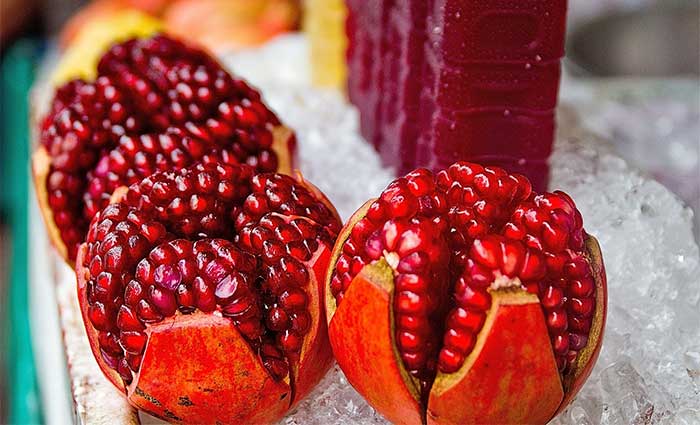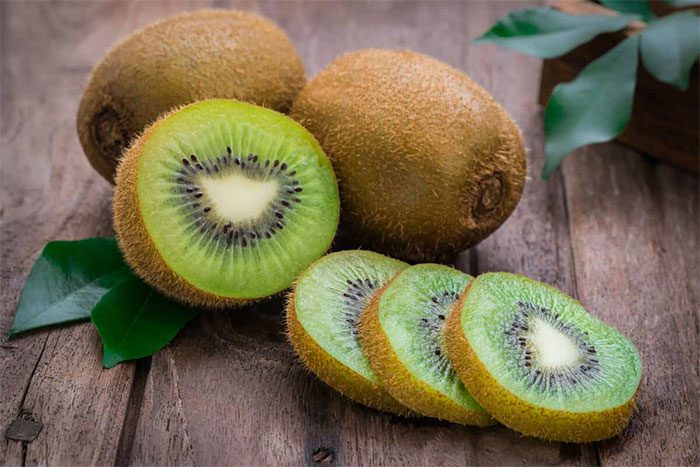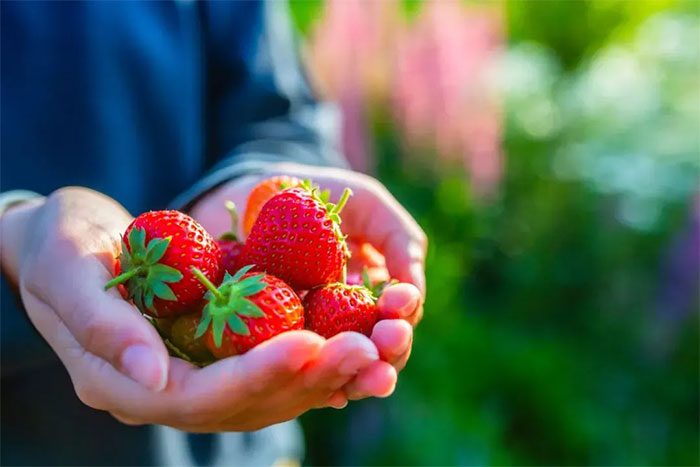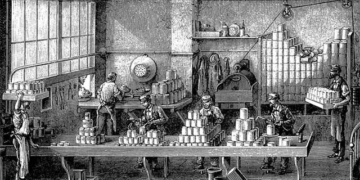In life, there are subtle risks that can lead to cancer, such as nitrates in water. A 5 mg increase in nitrate levels can raise the risk of colorectal cancer and thyroid disease.
Another example is heavy metals found in automobile emissions. Lead compounds can easily deposit in the human bloodstream, potentially causing aplastic anemia. These substances can impact our cells, damaging DNA, causing mutations, and leading to the formation of cancer cells.
Therefore, in our daily lives, we can prevent cancer by reducing DNA damage and enhancing the body’s ability to repair DNA!
A study published in the Journal of Urology (USA) indicates that combining five types of fruits and vegetables into juice and consuming half a cup daily can reduce cancer risk by 70% and increase anti-cancer capabilities eightfold compared to normal.
This is because these five types of fruits and vegetables have a threefold protective mechanism against cancer through three lines of defense!
1. Antioxidant Protection
An important factor that leads to the emergence of cancer cells is free radicals. Free radicals damage cells, making them prone to failure or mistakes during division, eventually leading to the emergence of “abnormal growth” cancer cells. Antioxidants are believed to have anti-cancer effects because they improve the oxidative stress status in the body, thus eliminating free radicals.

Pomegranates are rich in vitamin C, vitamin K, flavonoids, anthocyanins…
Pomegranates are nutrient-rich fruits hailed as the “king of antioxidants.” They are high in vitamin C, vitamin K, flavonoids, anthocyanins, and other antioxidants, helping the body combat the harmful effects of free radicals, boosting immunity, and preventing various diseases. Pomegranates not only have antioxidant effects and tumor prevention but also significantly protect against prostate cancer in men.
Brazil nuts are very high in selenium. Selenium is one of the important antioxidants in the body, involved in inhibiting the production of free radicals and protecting cells from oxidative damage. Selenium can promote the repair of the gastric mucosa and maintain the stability of the gastric mucosal protective function.
For the first level of protection, you should choose 30g of pomegranate + 1-2 Brazil nuts.
2. Enhancing DNA Repair Capability
On average, about 800 DNA damages occur in the human body every hour, with DNA being attacked approximately 19,000 times a day. If DNA damage is not repaired in time, mutations can occur, leading to the emergence of cancer cells. Therefore, improving DNA repair capability is crucial.
A study compared DNA damage levels between individuals who consume kiwi fruit and those who do not. The results showed that consuming one kiwi a day can prevent DNA damage.

Cruciferous vegetables have been proven by many studies to have significant anti-cancer effects. An article published in the Mutagenesis journal (USA) also demonstrated that cruciferous vegetables can prevent and repair DNA damage!
For the second level of protection, you should choose 1 kiwi + 50g of cruciferous vegetables.
3. Inhibiting Tumor Angiogenesis
When cancer cells appear, they begin to slowly divide and grow. At this stage, the size limit is 0.5 millimeters; for the tumor to continue to grow, it must allow blood vessels to develop into the tumor. Only in this way will it obtain enough nutrients and continue to grow.
To grow rapidly, tumors release factors that promote angiogenesis, causing new blood vessels to form within the tumor. Once the blood vessels start supplying nutrients to the tumor, it will grow extremely quickly. If the blood vessels are not allowed to develop, the community of cancer cells will not receive nutrients and cannot continue to grow.
Therefore, inhibiting tumor blood vessel growth is crucial.

Strawberries inhibit angiogenesis by up to 78%.
Strawberries contain fisetin, which inhibits blood vessel proliferation. The inhibitory effect of fisetin on tumor angiogenesis far exceeds that of flavonoids like curcumin and luteolin. In vitro experiments show that strawberries inhibit blood vessel proliferation by up to 78%. In the same experiment, it was also found that parsley inhibits blood vessel proliferation by up to 80%.
For the third level of protection, you should choose 50g of strawberries or 50g of parsley.



















































